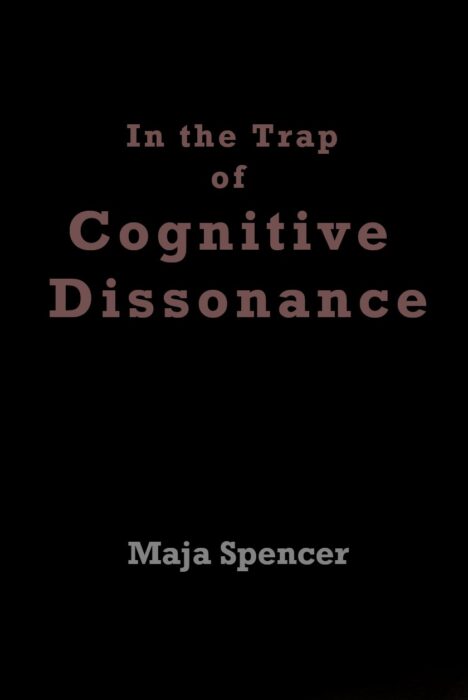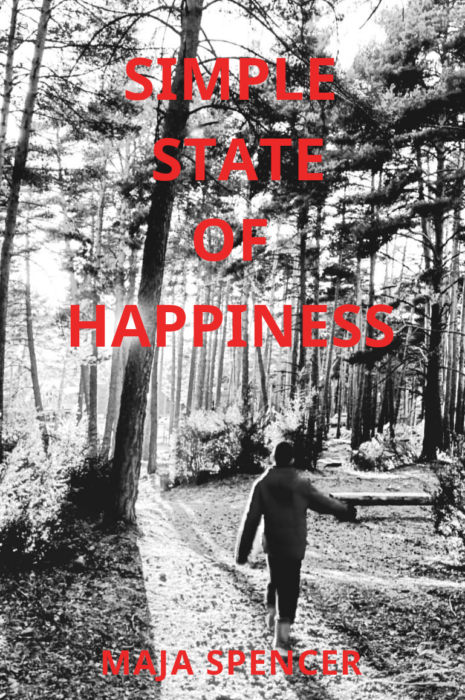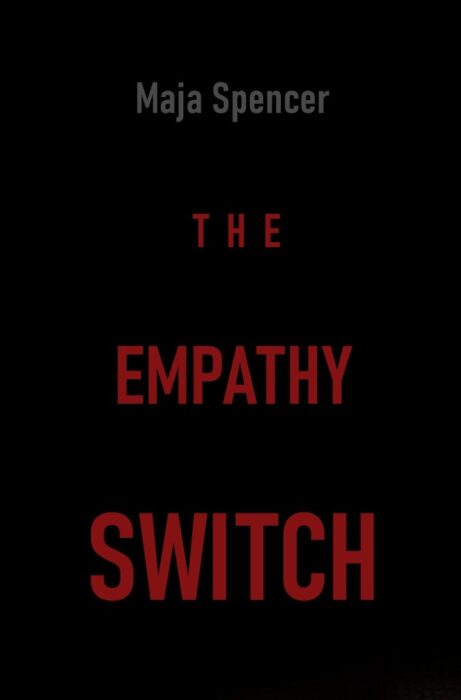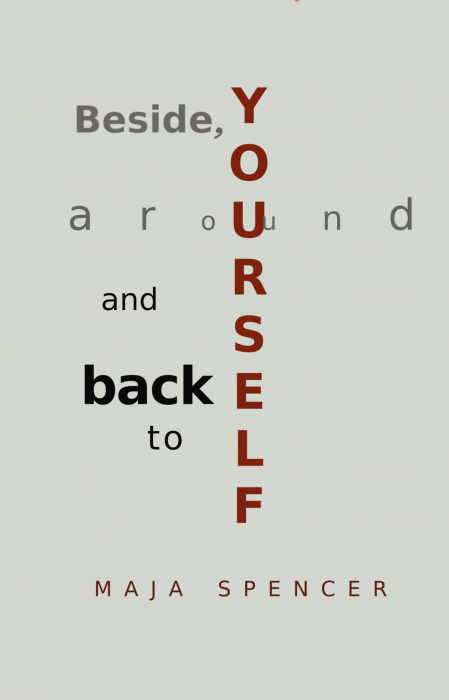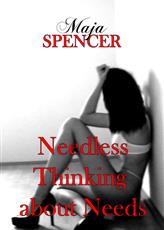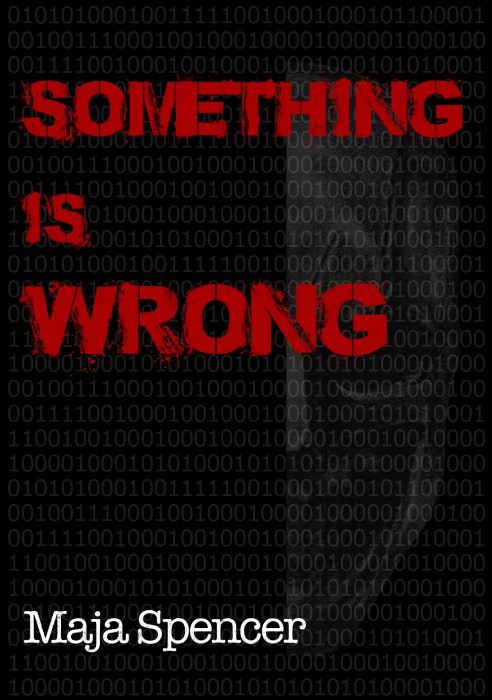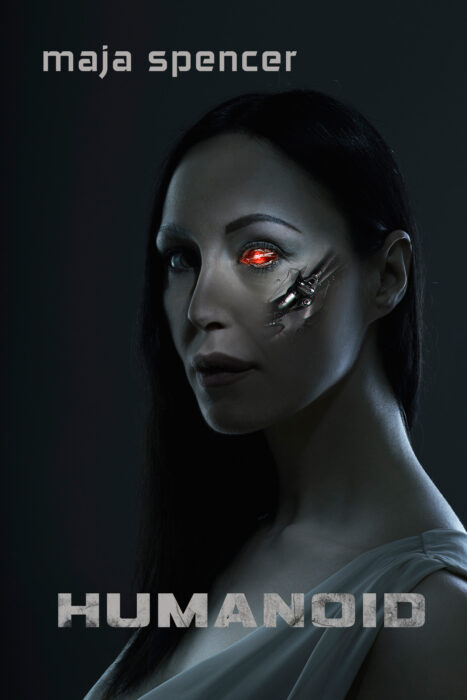
Humanoid was written in 2012. Many things have changed since then, but some remain the same.
This book is composed of the following chapters:
• Artificial Intelligence – “I think, therefore I am”
• Robo-soul
• Naturalistic Fallacy
• Love and Black Boxes
• Ideals – the Death of Common Sense
• Unease, Aversion, and Fear
• Prince, Vibrator or Humanoid – That is the Question
• Mike and I
• What the Future Holds – for Us and for Them
In these chapters, you will be able to read about machines with artificial intelligence and human beings, as well as the most common problems in thinking (in humans, not robots). The book is dedicated to artificial intelligence, but since it is not possible to understand a humanoid without understanding a human first, it is also focused on human beings. On the other hand, to understand human beings, it will be useful to observe their attitudes towards humanoid robots, artificial intelligence, and changes in general. Among other things, we will see how problems in thinking lead to mistakes in creating and destroying a value system. Furthermore, these mistakes affect human emotions and lead to new mistakes in all spheres of life. The questions I am asking and the answers to those questions may sound dramatic at times, but one should not be misguided by superficial assessments and unverifiable beliefs. I accept the possibility that something I say here might seem “shocking” to some (or perhaps they might use a different word for it), but any risk is worth taking when one is seeking the truth and facts, no matter what they turn out to be.
What I am interested in are several things that at first might seem unrelated:
How do the ideals that are served to us affect our attitudes towards change (especially technological change)?
How does being misinformed lead a man to a priori reject all the fantastic possibilities and potential benefits?
At the same time, there will be many questions about man and his way of thinking, and of course – about love, one of his driving forces.
All this will also lead us to the good old questions: What is love, and what do we know?
We will discuss some of the common and very harmful prejudices (*not all prejudices are necessarily harmful). Furthermore, the terms and concepts that affect our choices and our way of life should be defined more accurately. They are largely used in forming ideals and manipulation. The ideals of love and closeness belong to this group. We will also discuss artificial intelligence and human interaction and see how wrong humans can be when it comes not only to artificial organisms but also to other humans.
These are the central topics:
What is the difference between the human and the artificial mind?
What do we know?
Is there a robo-soul? How different is it from the ‘soul’ of a human? Is there any soul? Are we better than them?
Why are human beings still afraid of humanoid forms of ‘life’? Why do we think that those forms of existence are unnatural and ‘dead’? Are they?
What does the future hold?
The purpose of this book is multidimensional. First, it is to help understand some truths about artificial intelligence, and then – even more importantly – to help accept some truths about our own species. We will observe robots and humans and note some interesting things about both.
At the very beginning, I would like to prevent a possible misunderstanding. This book celebrates love – true love. Not the love we think we are getting or the love we would like to get, but the love we are capable of giving. To whom or what we are giving it is a different issue. This book does not deny or look down upon love in any way. Love undoubtedly exists; the problem is that it’s often incorrectly defined and, therefore, incorrectly approached in everyday life. Furthermore, this book celebrates life – every form of it, including the “synthetic” ones (which are by no means less valuable).
Here are some questions about human beings. What do we know about ourselves and others? What is love? How do we love? Whom do we love? Do we even know the person we think we love, and why do we love them in the first place? How do we know if they love us? Is it possible to love an artificial organism, and what kind of love is that? You will see that love is a one-way process and a non-mystical one, as much as we may want to believe otherwise. Love, of course, can be requited, which is why one would call it a two-way process. However, that is not correct. We don’t really know what the other person feels – even when we are quite certain that we know it. We are all “black boxes” to each other. This is where all the misconceptions, emotional pain, all kinds of losses, and even tragedies come from. We have unrealistic expectations – and it is not even completely our fault. We have simply been taught incorrectly for hundreds of years. Finally, how is all this related to artificial intelligence? It is quite easy to relate all of the above-mentioned to artificial intelligence, and as you will see, it is quite useful to think about this connection. This can result in many answers and possibly open a new perspective.
I will try to be impartial and realistic about the things I discuss. I want to make it clear that I am not ‘taking sides’ but only trying to get to the truth, or at least to what is closest to it. After all, everything in this world has its good and bad sides, and we should not overlook any of them. I do not argue that everything can be replaced with an artificial creation. Nothing can replace the smile of your child, for example. That is not the subject of discussion in this book. However, it is possible, and even desirable, to replace inefficiency, certain kinds of risk, dangerous or just unpleasant behavior, destructive behavior, physical and psychological abuse, hostility, and many other bad behaviors that come from human beings. Some of these things are sometimes wrapped in brightly colored paper and then somehow related to different “aspects of love.” Considering that, it is not difficult to see the roots of the sacrifices, suffering, and tragedy that one human being takes because of another – and all that because of the wrongly learned definition of words such as ‘love’ and ‘natural.’ This, among other things, IS the subject of discussion in this book.
